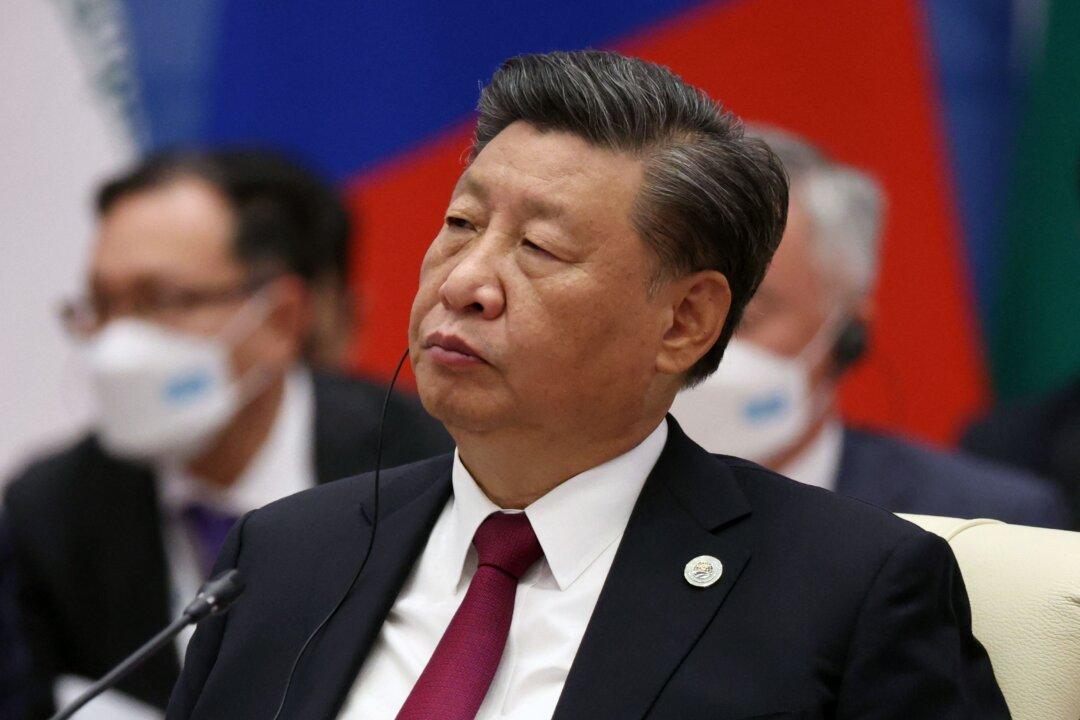The Chinese Communist Party (CCP) reaffirmed Chinese leader Xi Jinping as the Party’s core on Oct. 12, days before Xi is expected to secure an unprecedented third term in power at the twice-in-decade CCP Congress due to kick off on Sunday.
The Party’s Central Committee, in a communique issued on the final day of its four-day plenum, repeatedly emphasized the purported achievements of the CCP with Xi at its “core,” according to state-run news agency Xinhua.





